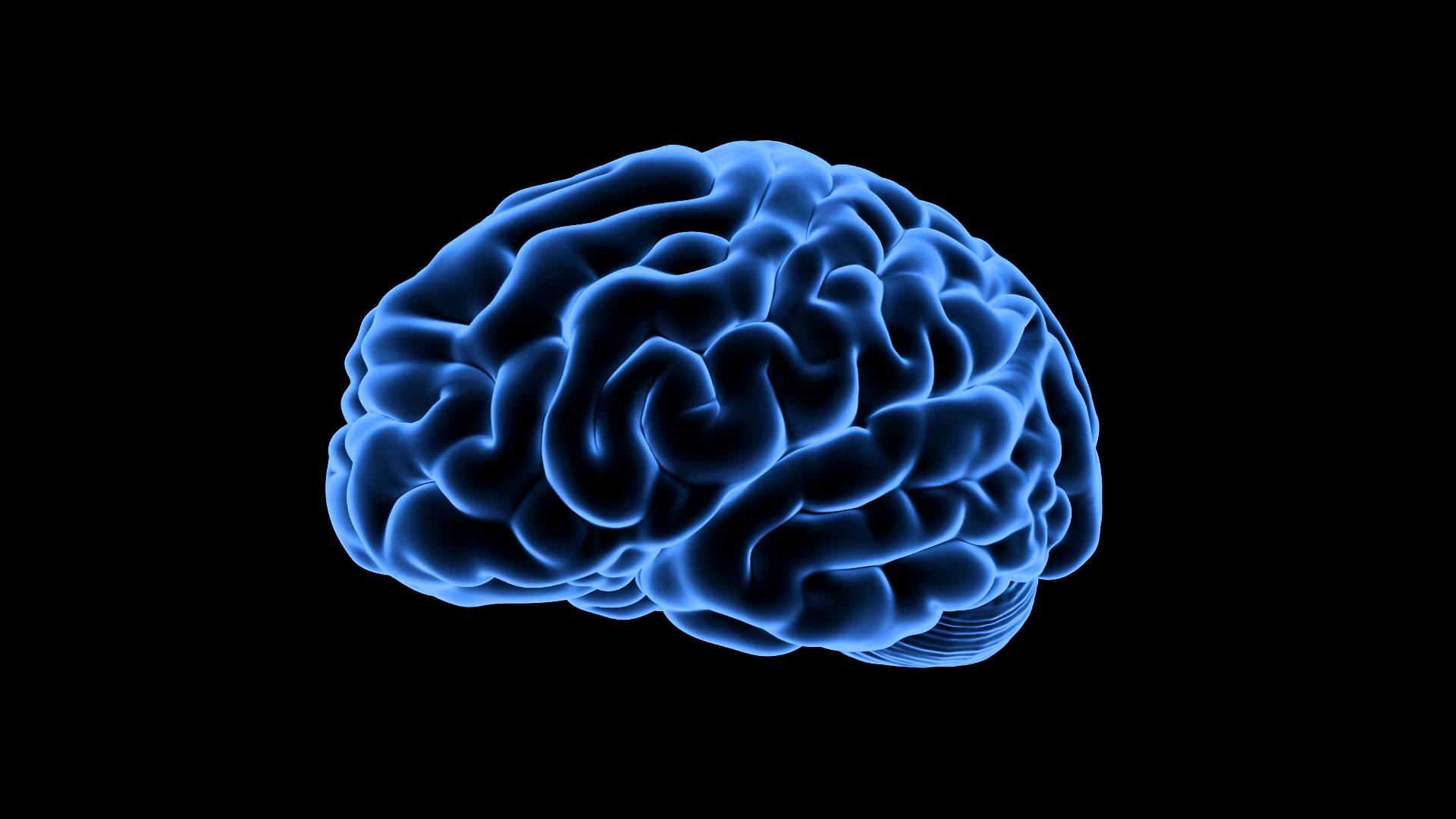A recent study has revealed that patients with COPD exhibit a decrease of grey brain matter in certain areas of the brain that are responsible for processing breathlessness, fear and sensitivity to pain.

COPD is often accompanied by anxiety and depression as well as a fear of dyspnea and physical activity which contribute to the disabling effect of the disease and fuels the downward spiral of avoidance of physical activity and subsequent reduction in health and quality of life.
Unfortunately, little is known about underlying brain processes in patients with COPD and the relationship with disease duration and disease-specific fears but this recent study is starting to help to change that. The results revealed that patients with COPD showed a decrease in grey brain matter volume in specific areas of the brain, namely the cingulate cortex, hippocampus and amygdala. The levels of degeneration were also directly linked to length of disease, so the longer the patient has had the disease the greater the decrease in brain matter. The individuals showed a greater fear of breathlessness and fear of physical activity where there was also a reduction in brain matter in these areas and again was directly linked to length of time having had been diagnosed. Proving that over time COPD patients will suffer and decrease in brain matter in specific areas of the brain which affects their ability to process fear and as a result become increasingly breathless and more fearful of physical activity.
This increasing fear has a detrimental affect on the course of the disease and on quality of life. Exercise and keeping active is extremely important for COPD patients to ensure their condition doesn’t deteriorate. Therefore “targeting disease-specific fears in patients with COPD might not only improve outcomes of clinical interventions such as pulmonary rehabilitation, but also reverse structural brain changes in these patients,” concluded the research team.
This study helps to prove just how complicated the disease is; how it also affects the brain and its impact upon your mental and emotional state. Hopefully they’ll discover a treatment to combat these effects upon the structures of the brain but until then it is even more important to ensure you take medication and supplemental oxygen to keep you as alert and as medically fit as possible so you are able to keep active and enjoy your life. Oxygen has a great positive effect on your brain and on your emotional and mental state and is a great treatment at the moment to combat these side effects in the brain.
References: http://lungdiseasenews.com




